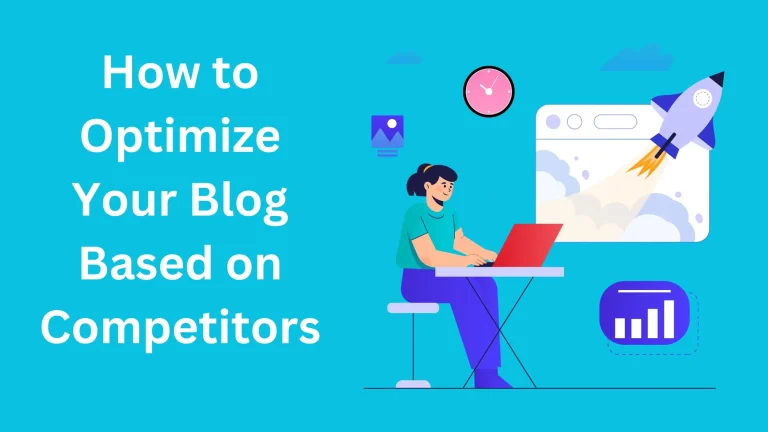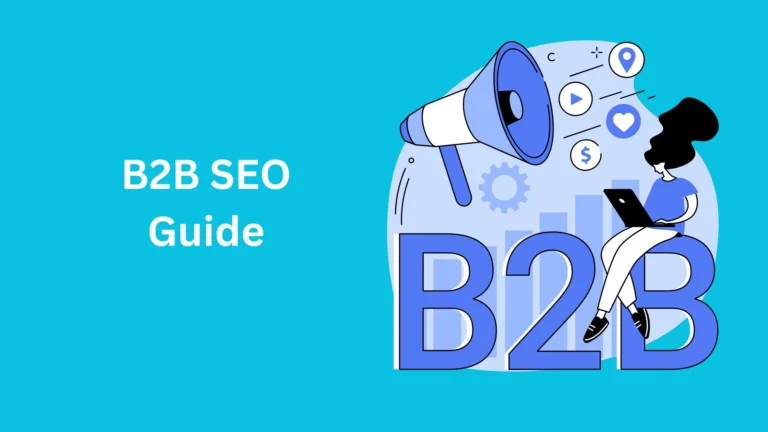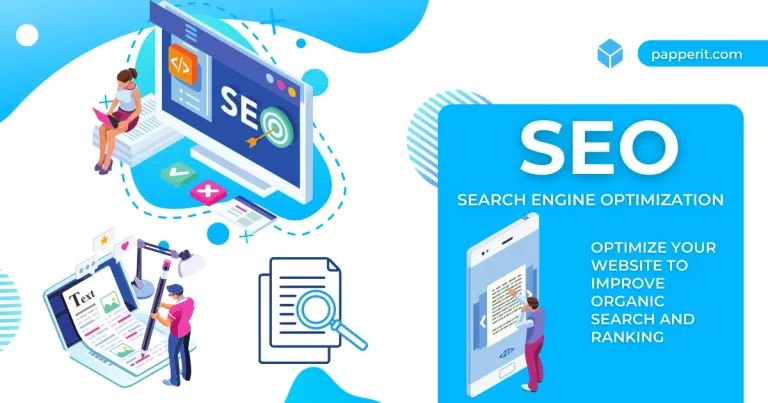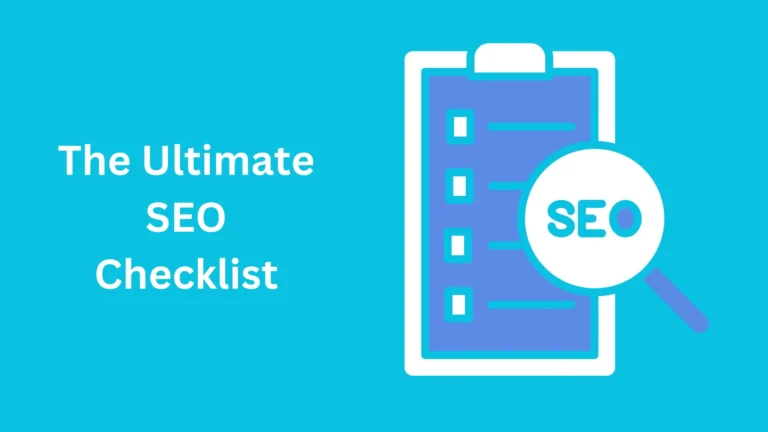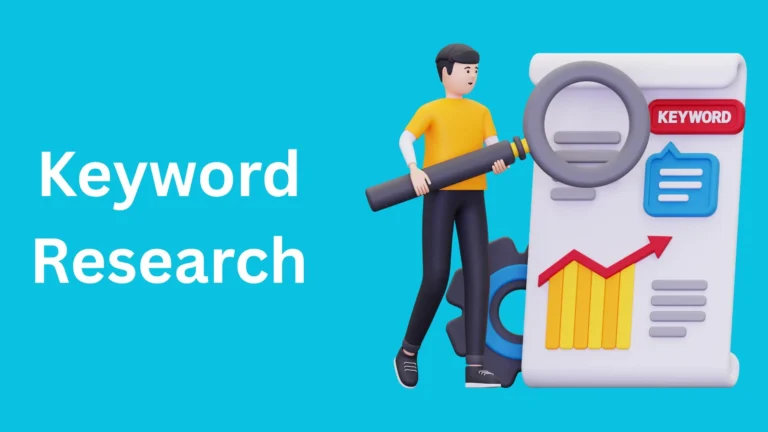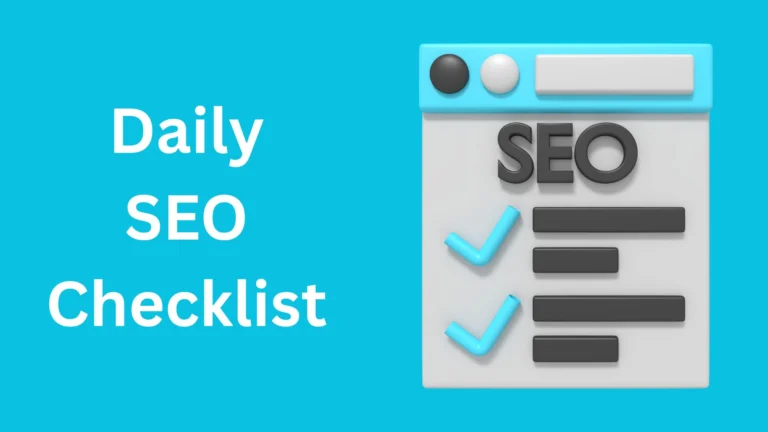The Complete History of Search Engines
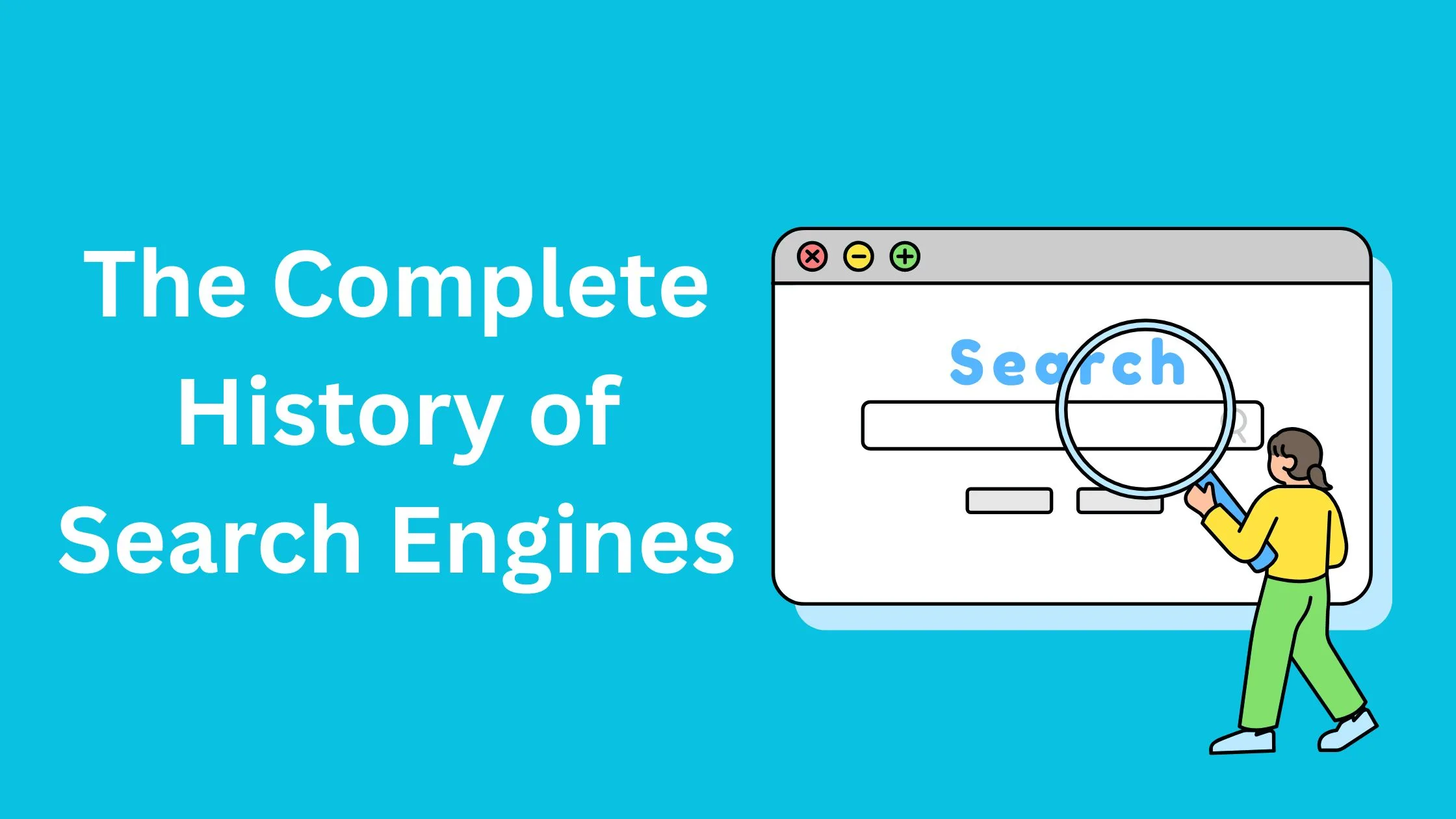
Key Takeaways – History of Search Engines
The history of search engines began in 1990 with Archie and evolved through stages—manual directories (Yahoo!), crawler-based indexing (Lycos, AltaVista), and link-based ranking (Google). The 2000s introduced personalization, real-time search, and mobile-first indexing. More recently, AI-driven models like BERT and MUM transformed how search engines understand queries and serve results.
Introduction:
Search engines have become the gateway to the internet. Whether you’re googling a recipe or looking up quantum physics, your journey begins with a search. But have you ever wondered how these powerful tools evolved? Let’s travel back to 1990 and trace the fascinating journey of search engines—from humble directories to today’s AI-powered giants.
Phase 1: The Pre-Google Era (1990–1997)
What was the first search engine?
The first Internet search engine was called Archie. It was made in 1990 by Alan Emtage, Bill Heelan, and Peter Deutsch, who were students at McGill University in Montreal, Canada.
This early search engine was very different from what we use today. It didn’t have a fancy or interactive design. Instead, it had a simple homepage with just a few options to help users search.
1990 – Archie
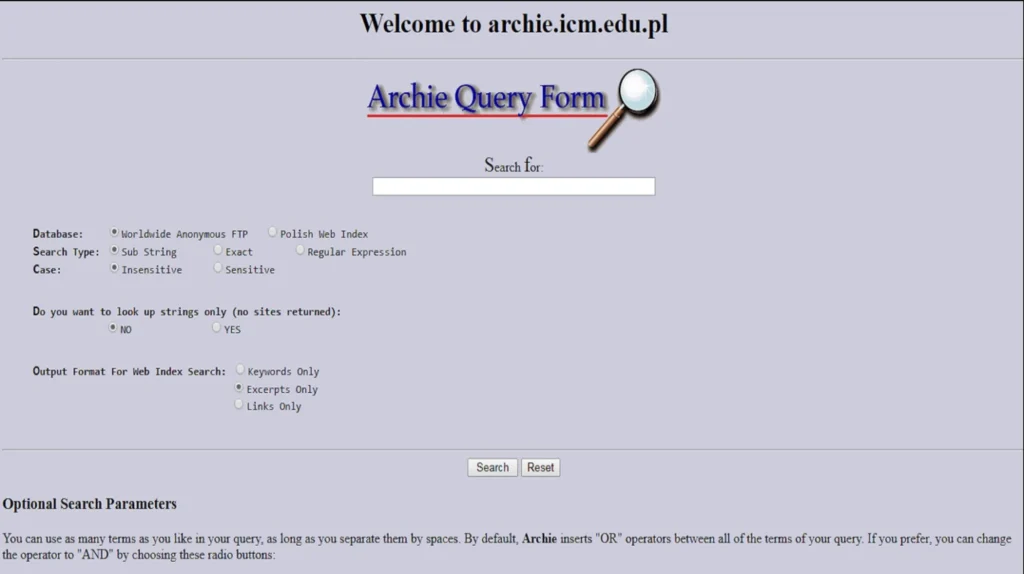
- The first search engine, created by Alan Emtage.
- Indexed FTP files, but didn’t index page content.
1993 – JumpStation
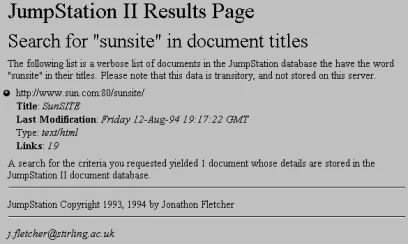
- Introduced crawling and indexing of page content.
- Used titles and headers to display search results.
1994 – WebCrawler
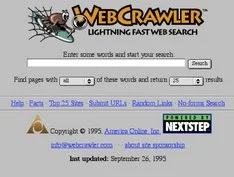
- The first engine to index full web page text.
- Allowed for keyword-based searches across entire documents.
1994 – Yahoo!

- Started as a web directory, not a crawler.
- Sites were manually categorized and described.
1995 – Lycos

- A true crawler that rapidly expanded its index.
- One of the most popular early search engines.
1996 – BackRub (Early Google)
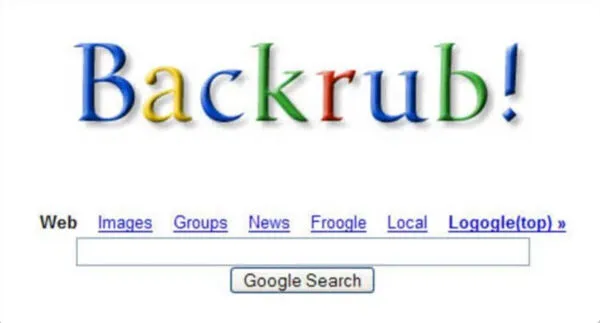
- Larry Page and Sergey Brin created a crawler that ranked sites based on backlinks.
- Concept led directly to Google’s PageRank algorithm.
Phase 2: Rise of Google and Paid Search (1998–2005)
1998 – Google is Born

- Offered revolutionary link-based relevance (PageRank).
- Delivered clean design and fast results.
1999–2001
- Overture (formerly GoTo) introduced paid search ads.
- Yahoo! acquired Inktomi and later Overture, trying to keep pace with Google.
2003 – Algorithm Updates Begin
- Google launched its first named update: Boston.
- Focus turned to spam detection and quality content.
- Check out our article on detailed view of google algorithm
2004–2005
- Microsoft launched MSN Search (eventually Bing).
- Ask Jeeves (later Ask.com) emphasized question-based search.
Phase 3: Smart Search & Personalization (2006–2012)
2007 – Universal Search
- Google integrated video, news, and images into results.
- Search became a multimedia experience.
2008 – Google Suggest
- Introduced autocomplete suggestions.
- Later evolved into Google Instant (2010), showing live results as you typed.
2011 – Panda Update
- Penalized low-quality content farms.
- Emphasis shifted to original, useful content.
Phase 4: Semantic Search & AI (2013–2018)
2012 – Penguin Update
- Targeted spammy link practices.
2013 – Hummingbird
- Google’s shift to understanding the meaning behind queries.
2015 – RankBrain
- Introduced machine learning to improve search rankings.
2018 – BERT
- BERT (Bidirectional Encoder Representations from Transformers) improved Google’s ability to understand natural language.
Phase 5: Mobile-First, UX, and AI (2019–2022)
2019 – Mobile-First Indexing
- Google began prioritizing mobile versions of websites for indexing.
2020 – Core Web Vitals
- Google emphasized page speed, interactivity, and visual stability.
2021 – MUM
- Google unveiled the Multitask Unified Model—an AI capable of understanding complex, nuanced queries across languages and media types.
Conclusion
Search engines have undergone incredible transformation:
- From simple indexes (Archie)
- To curated directories (Yahoo!)
- To AI-powered, real-time systems (Google with MUM and BERT)
What began as a tool to find files has evolved into a personalized digital assistant anticipating your every query. As AI continues to evolve, so will the way we interact with and experience search.
Related Articles
What is SEO?
Daily SEO Check Lists
How to rank higher in google
AI Search Rankings
How to optimize your content based on competitors

With 5+ years of SEO experience, I’m passionate about helping others boost their online presence. I share actionable SEO tips for everyone—from beginners to experts.
